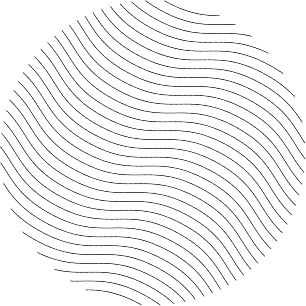Biography
Loo Keng Hua or Luo-Geng Hua, Chinese mathematician (Jintan, Jiangsu Province 12 November 1910 – Tokyo 12 June 1985)
Authored over 200 papers, 10 books and monographs
Developed Vinogradov mean value theorem (1940s)
First to show that every semi-automorphism of a skew field is either an automorphism or an anti-automorphism
Proved that every normal sub-field of a skew field is contained in its center (Cartan-Brauer-Hua theorem)
Proposed extending Hodge theory to open Hermitian manifolds (1959)
Made important contributions to the development of the circle method and variations of Waring’s problem
Found the symmetry of inertial motion
Computed the kernel functions for all classical domains
Solved the problem of expanding the regular functions of a function of several complex variables concretely and non-locally into a series in a canonical domain
Invented an alternative deterministic method
Proved fundamental theorem of geometry of matrices over the complex and real field (1945-7)
Proved the fundamental theorem of the geometry of symmetric matrices over any field of characteristic not two (1949) and that of the geometry of rectangular matrices over a division ring #F2 (1951)
Proved the fundamental theorem of one-dimensional projective geometry
Proved the Abelian summable convergence theorem for the Fourier expansion of a continuous function over a compact group
With Y. Wang proposed a method for numerical evaluation of multiple integrals based on classical algebraic number theory and Diophantine approximations known as Hua-Wang method (1958-64)
Solved the problem of a complete triangle sum estimation
Authored a classical work Additive theory of prime numbers
EPONYMY
Hua theorem
Hua inequality or lemma (1938)
Hua matrix inequality
Hua matrix equality (1955)
Hua operator
Hua equation
Hua measure
Hua matrix
Hua determinant inequality
Siegel-Hua spaces
Siegel-Hua metric
Hua interpolate matrix integral
Poisson-Hua kernels
Weil-Hua inequation
Hua’s inequation
Hua-Wang (Zhonglie) method
Brauer-Cartan-Hua theorem


